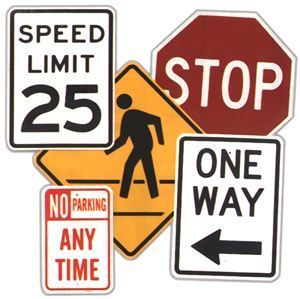How can you be sure that you are prepared to help your child get the most from this school year? Getting the answers to these questions can help.
Research and publish the best content.
Get Started for FREE
Sign up with Facebook Sign up with X
I don't have a Facebook or a X account
Already have an account: Login
Tech tools that assist all students to be independent learners & teachers to become better teachers
Curated by
Beth Dichter
 Your new post is loading... Your new post is loading...
 Your new post is loading... Your new post is loading...
|
|












What if you read this post and think of it as 10 answers you will provide to parents when they come in for a teacher conference? Parents may not know the best questions to ask, and this is one way to educate them. What are the questions. Three are below, The rest may be found in the post.
* Student Feedback & Support - How do you like to provide feedback to students? Are there any interventions to help children who need a little extra attention? When are you available if my child needs extra help?
* Cognitive Skills – How would you say my child is doing, as compared to peers, in these areas:
Memory: How well does my child learn and remember new information? Does he or she require more or less support than peers? How easily is information retained?